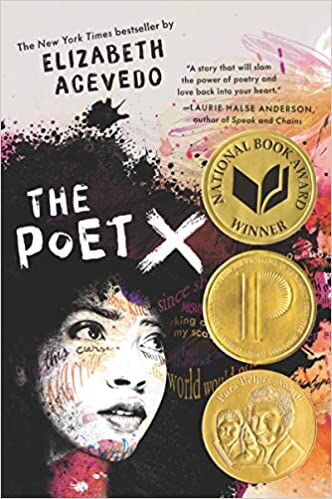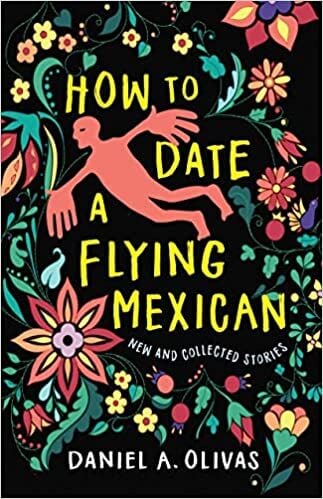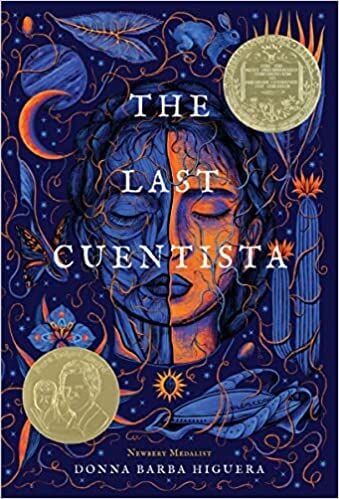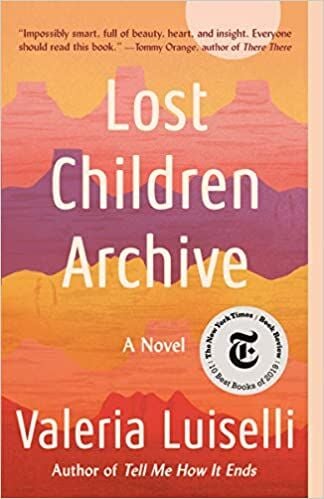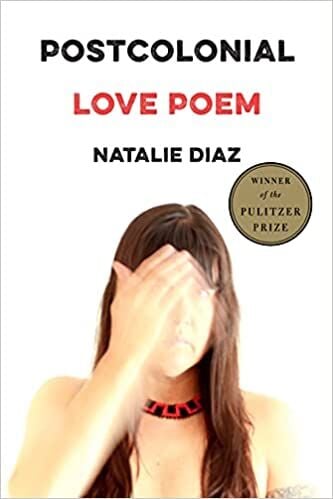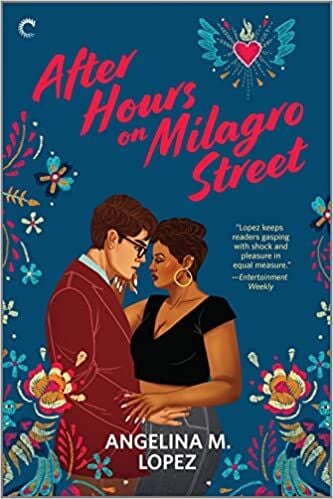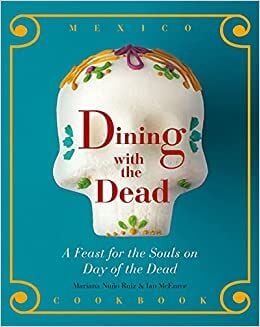Hispanic Heritage Month is right around the corner, but it does not start Sept. 1.
Instead, the uniqueness of the region can be seen in the dates of the celebration itself: Hispanic Heritage Month begins Sept. 15, the national Independence Day in Costa Rica, El Salvador, Guatemala, Honduras and Nicaragua.
Mexico’s Independence Day is one day later. Chile’s is two days after that.
Celebrations will continue through mid-October. Since many of these events will honor the region’s rich language and literature, volunteers from the Tucson Festival of Books were asked to recommend some of their favorite books by Hispanic authors.
“The Poet X” by Elizabeth Acevedo won the National Book Award for Young People’s Literature in 2020. The story revolves around Xiomara Batista, an Afro-Latina teen living in the Bronx. A young poet with lots on her mind, she locks her thoughts away in a leather-bound notebook — until they come tumbling out when she joins a poetry slam club at her school. — Tricia Clapp
“How to Date a Flying Mexican” by Daniel A. Olivas is a collection of stories derived from Chicano and Mexican culture but ranging through fascinating literary worlds of magical realism, fairy tales, fables and dystopian futures. The characters confront — both directly and obliquely — questions of morality, justice and self-determination. Olivas has become a regular at the Tucson Festival of Books. — Gwen Harvey
“The Last Cuentista” by Donna Barba Higuera. In 2061, a comet destroys the Earth, and Petra Peña awakens in a spaceship ruled by a Collective that has erased the passengers’ memory. Petra shares her grandmother’s cuentos (stories) with other child passengers to concoct a plan of escape. This 2022 Newbery Medal winner interweaves Mexican folklore and science fiction in a powerful tale about the role of storytelling in shaping cultures, dreams and lives. — Kathy Short
“Lost Children Archive” by Valeria Luiselli was acclaimed as one of the 10 best books of 2020 by the New York Times. It tells a story of a family that decides to drive from New York to Arizona in the heat of summer. As the family heads West, the relationship between the two parents begins to unravel. The children must make sense of what’s happening in the car … and what they’re hearing on the radio about children being held in cages at the border. — Meg Files
“Postcolonial Love Poem” by Natalie Diaz will be the centerpiece of the National Endowment of the Arts “Big Read” program in Tucson, a series of literary events that will be coordinated by the University of Arizona beginning in January. Diaz is a Mojave Indian who was born near Needles, California. She now teaches creative writing at Arizona State University. Her “Love Poem” is a remarkable collection that looks at America’s long history of hatred, violence and intolerance through a prism of love, hope and understanding. — Lindy Mullinax
“After Hours on Milagro Street” by Angelina M. Lopez is an opposites-attract romance featuring a young, handsome professor and a strong, willful bartender whose grandmother owns the bar downstairs. An important part of the story is a study of Alexandra’s heritage, which includes her family’s 18th century immigration from Mexico to Kansas. — Jessica Pryde
“Neruda on the Park” by Cleyvis Natera is a debut novel that features the Guerreros, a Dominican family confronting gentrification in New York City. The mother, Eusebia, devises a series of increasingly dangerous schemes to stop construction of a high rise. Her daughter, a lawyer, feels a romance coming with the the developer. And her husband is quietly plotting a move to the Dominican Republic. — Lynn Wiese Sneyd
“Twice a Quinceañera” by Yamile Saied Mendez is a whimsical rom-com featuring a woman who is one month away from her wedding day — and 30th birthday — when she finally stands up to her philandering fiancé. She has not told her Argentinian family, though, and is uncertain how she should. Not sure what to do next, she sees a story about a 30-year-old who had celebrated herself with a second quinceañera. — Jessica Pryde
“The Daughter of Doctor Moreau” by Silvia Moreno-Garcia is a lavish piece of historical fiction set in 19th century Mexico. At the same time, it is an intriguing use of science fiction to reimagine the classic, “The Island of Doctor Moreau,” by H.G. Wells. Carlotta’s life on a luxurious estate in Central Mexico is strange but peaceful until a stranger arrives. — Gwen Harvey
“Dining With the Dead” by Mariana Nuño Ruiz and Ian McEnroe is a beautiful cookbook from Rio Nuevo Publishing in Tucson. Written by a Mexican chef and illustrated by her blog partner — an award-winning photographer — the book features dishes prepared during Day of the Dead celebrations in Mexico. Ruiz and McEnroe spent three years researching, writing and picturing their recipes. Then, in 2020, the pandemic stopped production after the press had started to roll. The project was saved by a Kickstarter campaign that raised $27,000 last year. — Bill Finley


